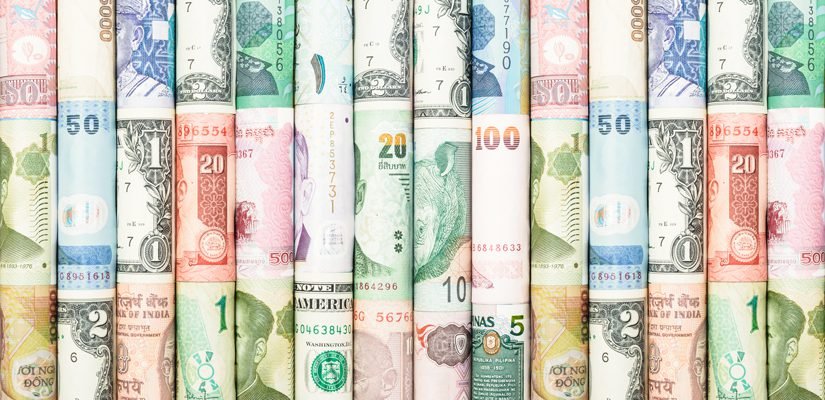The European Central Bank (ECB) did what it said it would do on Thursday and raised interest rates by 50 basis points, which is a lot. This was done to slow down the economy and stop inflation.
The ECB made its decision in the midst of chaos on the financial markets and calls from investors to slow down policy tightening at least until the mood of the market improves.
The central bank for the 20 countries that use the euro raised its deposit rate to 3%, the highest level since late 2008. This is because inflation is expected to be higher than its target of 2% through 2025.
But it didn’t say anything about the future, even though a lot of policymakers had already asked for more big steps to fight inflation.
“The high level of uncertainty shows how important it is for the Governing Council’s policy rate decisions to be based on data,” the ECB said.
How global markets are reacting
The main indexes on Wall Street went down at the start of the day because shares of First Republic Bank dropped and people worried about a banking crisis. An interest rate hike by the European Central Bank (ECB) also made people feel bad.
At the start of trading, the Dow Jones Industrial Average dropped 46.92 points, or 0.15 percent, to 31,827.65.
At the opening bell, the S&P 500 was down 13.00 points, or 0.33%, to 3,878.93. The Nasdaq Composite was down 49.18 points, or 0.43%, to 11,384.87.
Shares of Euro zone banks have been falling like a rock this week. First, the collapse of SVB scared people, and then the value of Credit Suisse, a bank that has had problems for a long time, dropped.
The markets were waiting to see if the ECB would stick to its plan of big rate hikes to stop inflation or slow down to a quarter-point rate hike.
ECB should reconsider plans following SVB fallout
Investors said that the ECB should change its plans after Silicon Valley Bank (SVB) and Signature failed, which were the biggest failures in the sector since the global financial crisis of 2008.
Christine Lagarde, the head of the ECB, said last week that it was “very likely” that the bank would raise its benchmarks by 0.5 percentage points. This would be part of a series of quick rate hikes meant to bring inflation down from 8.5%, which is much higher than the bank’s goal of 2%.
The main thing that worries the ECB is that monetary policy works through banks, and a full-blown financial crisis would make its policy useless.
This put the ECB in a tough spot because its job was to fight inflation, but it also had to keep the economy stable in the face of a lot of trouble that came from elsewhere.
There is also a lot of disagreement about whether or not the US central bank will keep raising interest rates, since the fall of SVB has been linked to a sharp rise in borrowing costs over the past year.
Source: Team CurrencyVeda





